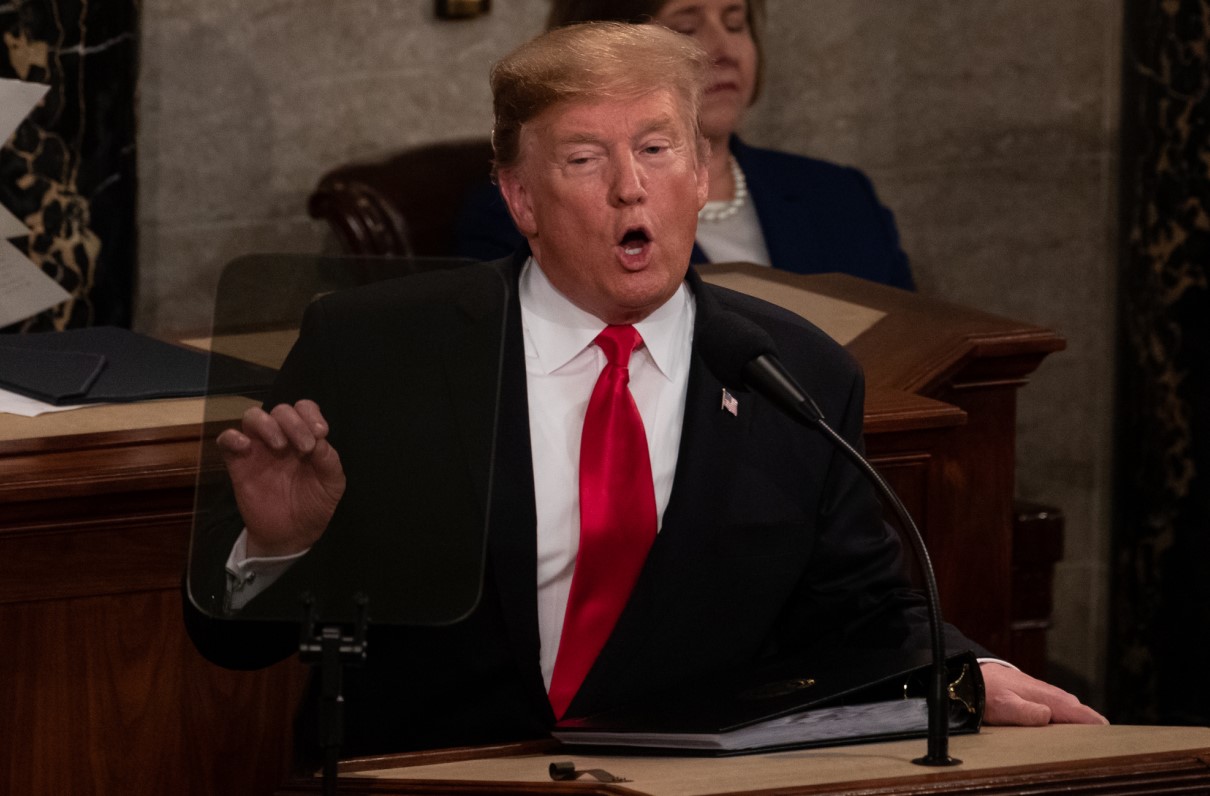(Updated Jan. 29)
The State of the Union address remains one of few keystone moments that can cut through the political fog – a chance for the president to put his priority list in front of lawmakers from both congressional chambers.
When President Donald Trump speaks Feb. 4, he will have the opportunity to push several issues of critical importance to servicemembers, retirees, veterans, and military family members into the national spotlight. Here are six such issues deserving of such attention, and some of the work MOAA already has done in each area.
1. Preserve Military Medical Care. Language in the most recent National Defense Authorization Act slowed the Department of Defense’s reduction of nearly 18,000 medical billets pending a thorough analysis of the impact on readiness and beneficiaries. The president should stress a national commitment to ensure military beneficiaries have access to quality care, whether within DoD or through community care networks – especially important for families in need of care while in transition to new assignments or if their servicemember is deployed.
[RELATED: Military Families Need a Safety Net During Military Health System Reform]
2. Protect TRICARE Pharmacy Coverage. MOAA continues to track changes to the TRICARE pharmacy system, some of which have resulted in more medications dropping off the coverage list. The president should make clear that benefits earned through service, including TRICARE, should not be traded away to pay for other programs, or to balance a budget.
3. Keep Military Pay Strong. In recent years, servicemember raises have matched private-sector wage growth – a feat that hasn’t always been achieved, and one that’s necessary to maintain the all-volunteer force. The president should underscore his commitment to this issue, and lawmakers must resist the urge to trim these raises to fund other budget shortfalls.
[RELATED: MOAA's 2020 Legislative Mission]
4. Don’t Neglect Quality of Life Concerns. Fair paychecks for servicemembers are only part of the equation: From housing needs to shopping benefits to child care concerns, lawmakers must improve the services offered to military families if they want to keep the force strong. As MOAA continues to stress in its discussions on Capitol Hill, these programs aren’t simply nice-to-haves as part of a military budget – decreased benefits and poorly delivered resources can lead to retention issues and harm overall readiness.
The president should convey this message to the American public, especially to civilians who may not be familiar with the importance of these programs.
5. Do It All on Time. Continuing resolutions and shutdowns have cost DoD billions, while servicemembers and federal workers continue operations without pay. As MOAA fights for the programs outlined above, lawmakers can help by moving the appropriations process forward in a timely fashion. The current system of long delays, longer extensions, and brinksmanship as the finish line nears makes implementing DoD and VA essential programs nearly impossible, creating uncertainty from the highest planning levels to those awaiting word on key benefits programs … or even whether they’ll receive their paychecks.
The president should stress that such delays are unacceptable and commit to working with Congress to move more efficiently.
6. Commit to Treating Traumatic Brain Injuries. The administration should renew and reinvigorate research and treatment of traumatic brain injuries (TBI), recognizing this is a serious and often debilitating condition of both past and present conflicts. Raising awareness of these invisible wounds of war would help destigmatize the issue and encourage those afflicted to seek treatment.
Have another topic worthy of the list? Email legis@moaa.org with your suggestion. Your feedback helps MOAA shape its advocacy efforts.



